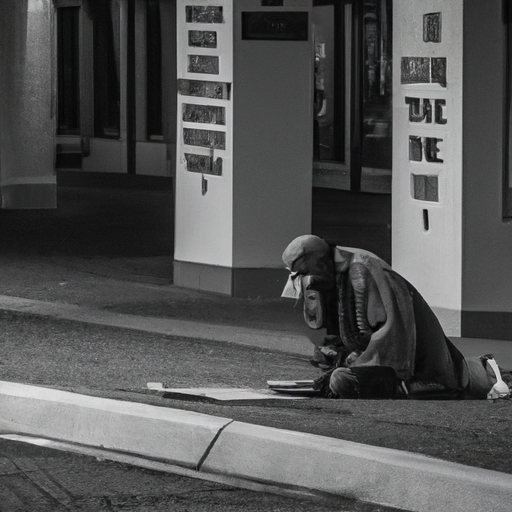Reflections on the Canadian Opioid Crisis
Greetings to our civic and community leaders. Today we bring to attention a sensitive yet pressing issue, the Canadian opioid crisis, that requires immediate attention and collective action. This blog post draws from a video news piece by CTV News that underscores the transition of opioid addiction from hidden street corners to the mainstream social narrative.
The Escalation of the Opioid Crisis in Canada
The opioid crisis in Canada can no longer be relegated to the background of public consciousness. It has accelerated to an extent where its repercussions are becoming unignorable and universally impacting. Hospitals, support centers, and even public spaces are now frequently witnessing cases of opioid-related overdoses.
The escalating opioid crisis has led to a disturbing rise not only in health-related emergencies but also in crime rates, adding another layer of complexity to this growing challenge. The alarming increase in break-ins and property crimes directly correlate with the intensified opioid crisis as people suffering from addiction need to fuel their habits.
Effects on the Homeless Population
All Canadian citizens are feeling the impact of the opioid crisis, but the effects are disproportionately severe among the homeless population. The lack of proper care, resources, and infrastructure to deal with addiction makes this vulnerable demographic particularly hard hit by this public health conundrum.
Actions Being Taken to Combat the Opioid Crisis
In response to the increasing severity of the situation, several measures are being taken by governmental and non-governmental bodies. These include increased distribution of naloxone kits, establishment of supervised consumption sites, changes to prescribing practices, and opioid class-actions to hold pharmaceutical companies accountable for their role in the crisis.
Naloxone: An Immediate Respite
Naloxone, a life-saving medication that can counter the effects of an overdose, is being widely distributed among communities aiming to combat the number of fatalities associated with this crisis. However, it is important to understand that naloxone is a short-term solution; it does not address the underlying causes of opioid addiction.
Supervised Consumption Sites
Supervised consumption sites are another initiative aimed at providing safer spaces for those battling addiction. However, given that these sites are often met with community resistance and are struggling to meet the demand, much more needs to be done in terms of providing adequate care to individuals impacted by the opioid crisis.
Opioid Class Action: Making Corporations Accountable
In a groundbreaking development, an opioid class action has been launched, seeking to hold pharmaceutical companies accountable for their role in the crisis. Pharma firms accused of launching misleading campaigns about the addictiveness of opioids may face legal ramifications – a testament to the fact that the fight against the opioid crisis is escalating to new levels.
Key Points of Discussion
- The Canadian opioid crisis has led to a rise in health-related emergencies and crime rates.
- The homeless population is disproportionately affected by the opioid crisis.
- Initiatives like naloxone distribution and setting up of supervised consumption sites have been implemented.
- An opioid class action has been filed against pharmaceutical giants for their misleading campaigns.
In Summary
The Canadian opioid crisis has evolved from a hidden threat to a stark, mainstream issue that is shaking up the public health, criminal justice systems, and our broader social fabric. With escalating addiction rates among the homeless, swelling crime rates, rising number of deaths due to overdose, and stretched-to-limit support systems, the crisis demands immediate attention, empathy, and action from all sectors of society.
While immediate actions like distributing naloxone kits and setting up supervised consumption sites are steps in the right direction, we also need a long-term commitment to address the root causes of addiction. The opioid class action against pharmaceutical companies is a promising indicator of the larger systemic changes that are needed to tackle this crisis. Let us not underestimate the scale of the opioid challenge or the multi-pronged efforts required to combat it effectively.
